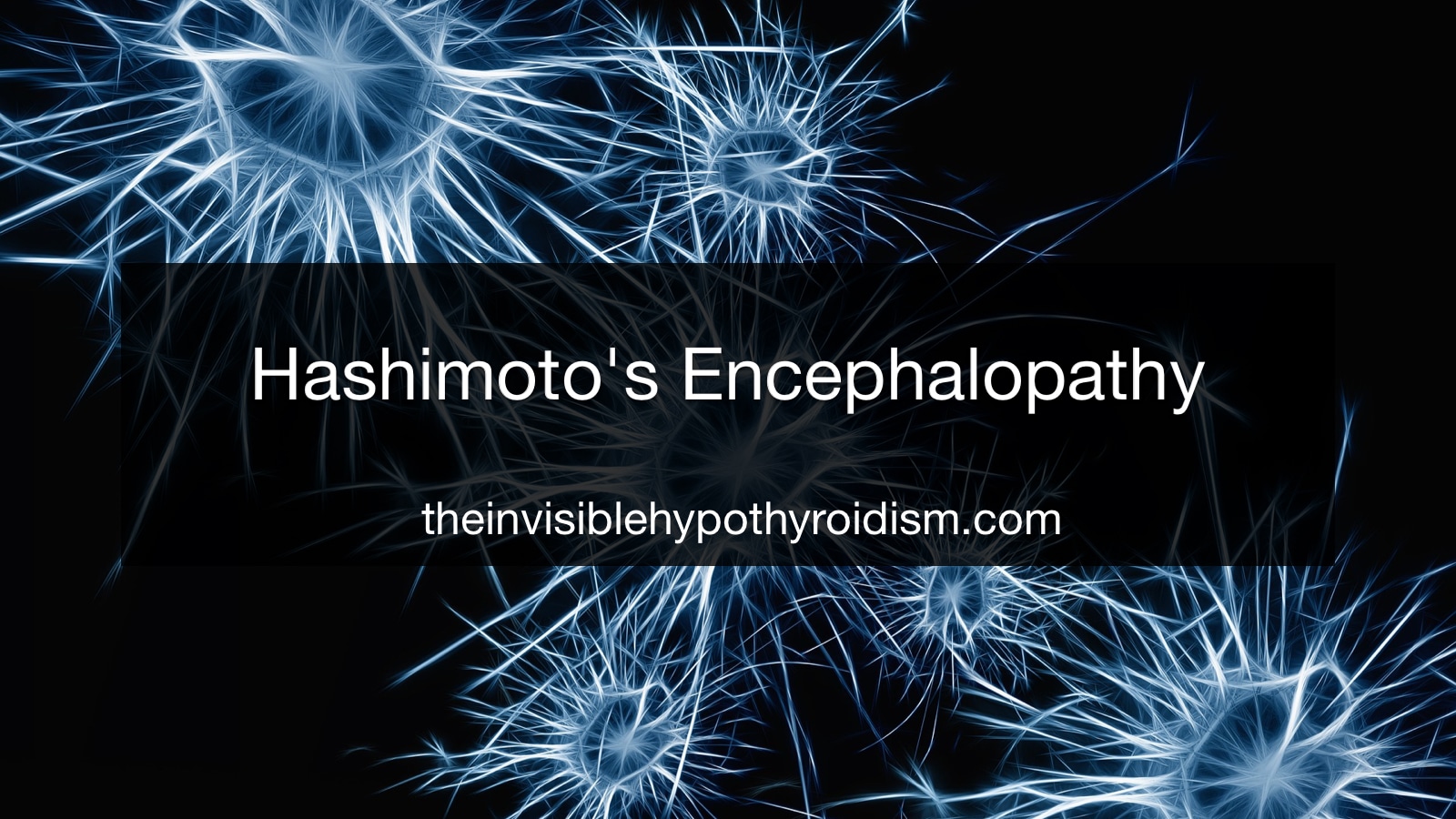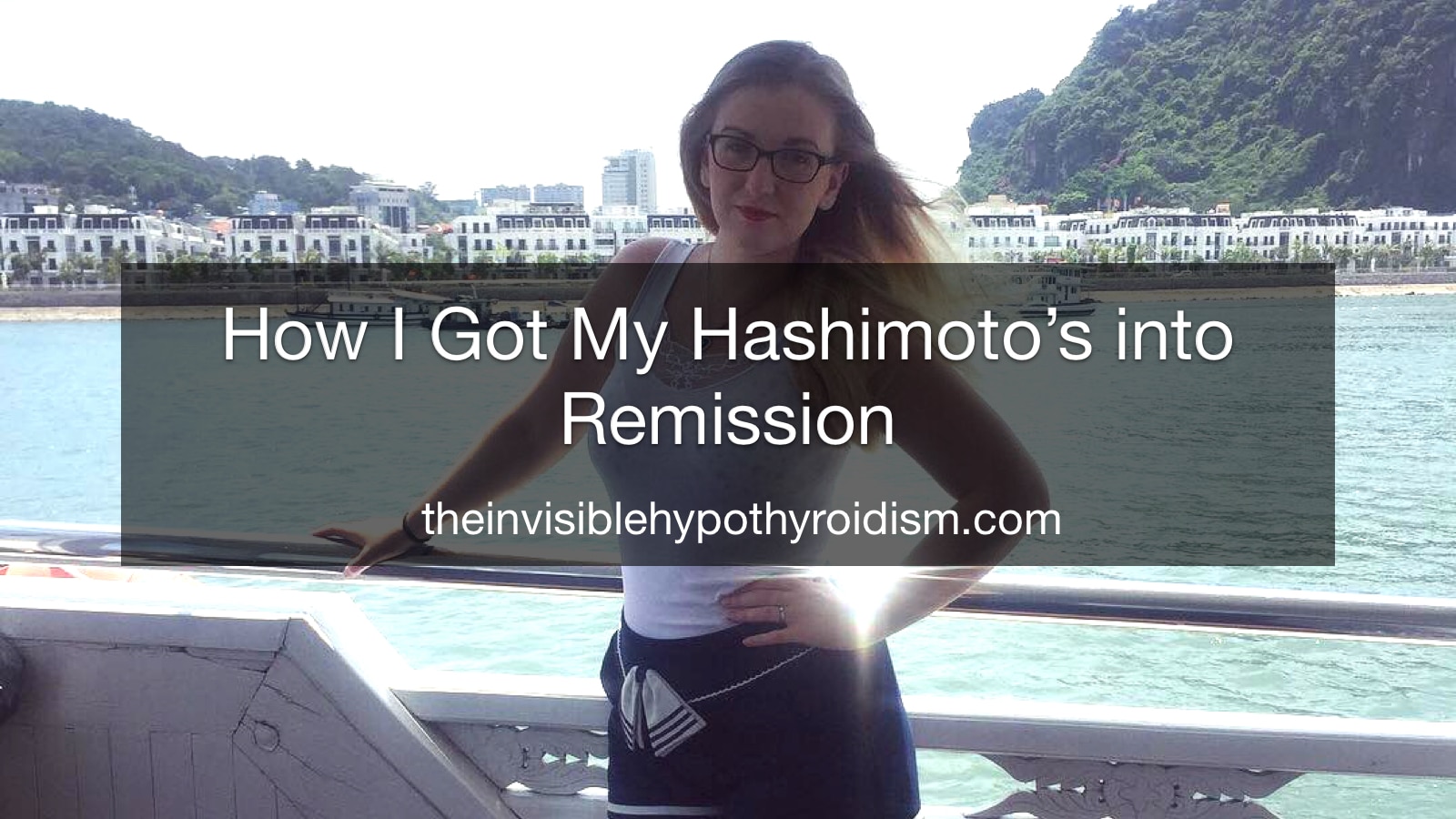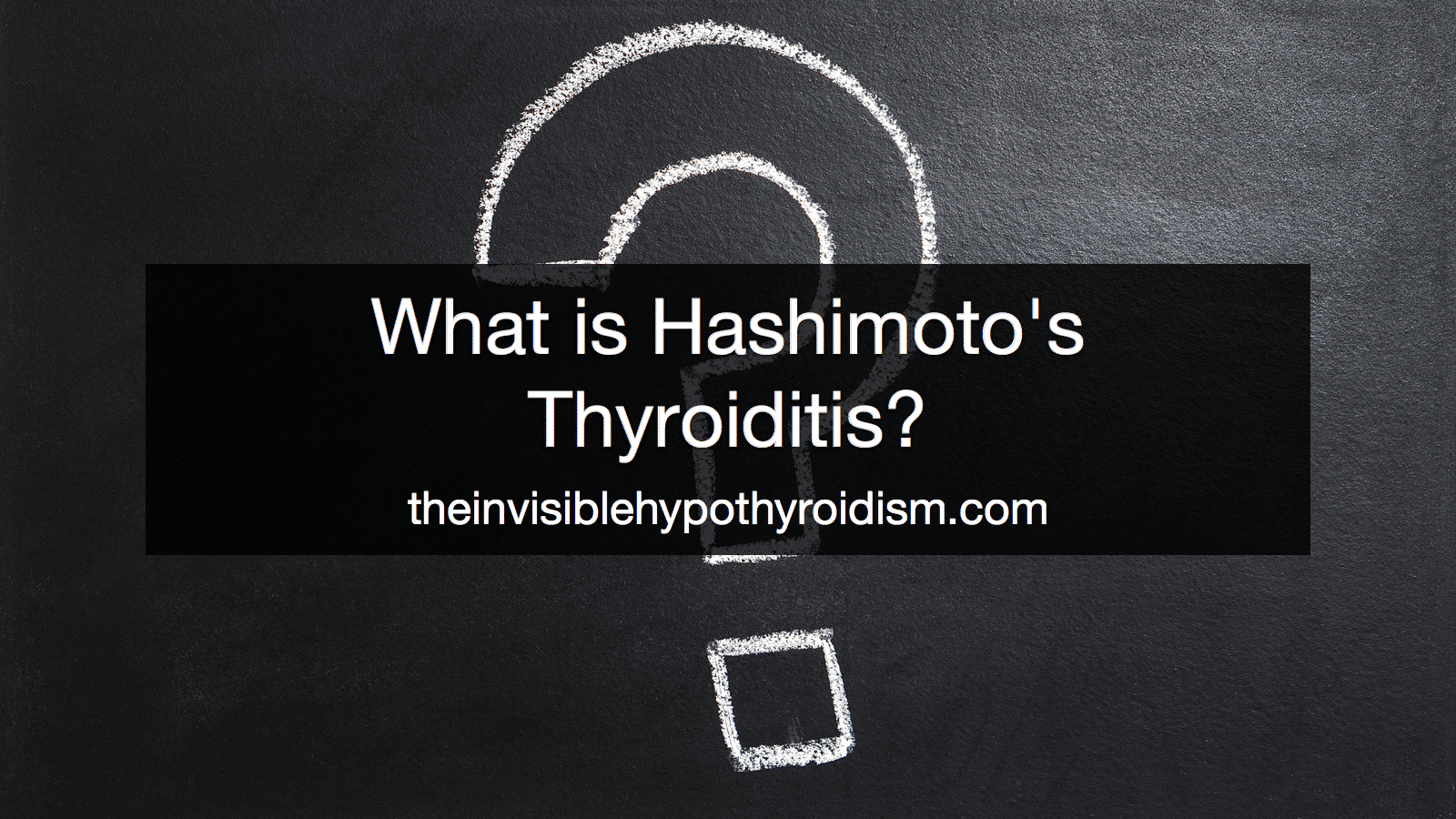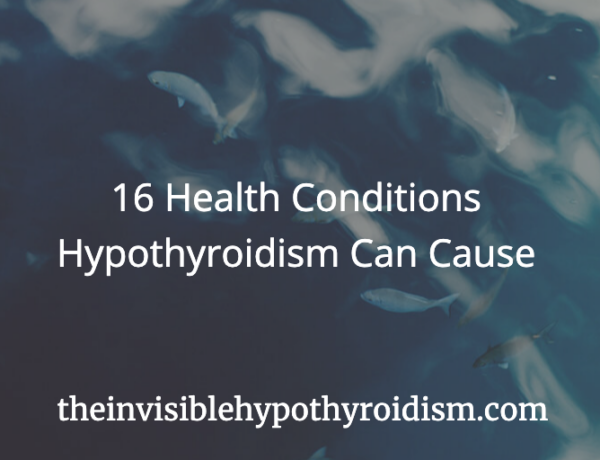The diagnosis of Hashimoto’s Encephalopathy can be quite a scary and daunting experience. If you haven’t heard of it before, it’s important to be aware of the signs and symptoms.
What is Hashimoto’s Encephalopathy?
The term Encephalopathy refers to when the brain changes due to damage, disease, or a disorder.
Hashimoto encephalopathy is a rare condition characterised by the onset of confusion, altered levels of consciousness, jerking muscles, seizures and other, often scary, mental changes. However, the symptoms can differ from person to person.
It is usually diagnosed when someone presents with the symptoms of it, whilst thyroid testing also shows subclinical hypothyroidism or overt hypothyroidism, along with positive thyroid antibody tests over range (Thyroid Peroxidase and Thyroglobulin).
What Causes Hashimoto’s Encephalopathy?
In most cases, the cause is unfortunately unknown, but is thought to involve an autoimmune or inflammatory abnormality, and it associated with Hashimoto’s Thyroiditis, which is the most common cause of hypothyroidism, at around 90%. [1]
However, the relationship between the two is still quite unclear. It doesn’t appear to be directly related to hypothyroidism, interestingly. Experts in the field recommend that cases of Hashimoto’s encephalopathy should be classified as ‘probable’ autoimmune encephalitis.
However, some scientists think that, like Hashimoto’s Thyroiditis, Hashimoto’s encephalopathy could be an autoimmune disease, meaning that it is caused by the immune system mistakingly attacking the brain for destruction.
Onset of Hashimoto encephalopathy seems to occur most often from 40-45 years old.
The condition is considered to be very rare indeed, with estimations of 2.1 people in 100,000 to have it. However, more people may be going undiagnosed or misdiagnosed due to the condition not being well-understood or highly recognised. And the symptoms are very similar to many other conditions.
What is The Treatment for Hashimoto’s Encephalopathy?
Corticosteroid therapy is often used and most people respond well to this, or other immunosuppressive therapies, with symptoms tending to resolve or improve greatly within a few months. [2]
Also managing and treating the hypothyroidism and thyroid antibodies is recommended too. Unfortunately, it isn’t considered curable, but prognosis following treatment is usually good. After initial treatment however, the patient may relapse and require it again.
Had you heard of Hashimoto’s Encephalopathy?
You can click on the hyperlinks in the above post to learn more and see references to information given.
References:
[1] https://www.ncbi.nlm.nih.gov/pubmed/3066320
[2] Devon I Rubin, Hashimoto’s encephalopathy. UpToDate. Waltham, MA: UpToDate; September, 2014






3 Comments
Patricia davis
February 6, 2021 at 8:05 amI am Patricia and I have hashimoto encephalopathy. I was in the hospital 2 different times. feel I can’t trust people. I feel like I’m inderfernt to other people. Have 2 good friends. An aunt that understands my problems. Take medicine for disease. My disease was brought on by stress. Was seeing a phycologist. I’m usually depressed but don’t show it. Take pills for that. Have to take trazadone to go to sleep.
Mark and Anna
December 1, 2019 at 11:36 pmHi Rachel , thanks so much for the information you have provided !
My daughter who is now 18 has been diagnosed with Hashimoto’s Encephalopathy. She received plasmapheresis, steriod IVs and most recently Rituximab. The Rituximab has been a life safer. She was non functional for a long time before she received it. Her thyroid function is currently normal.
I would be very interested in receiving additional and ongoing information !!
Thanks much
Mark
Rachel Hill
December 10, 2019 at 12:27 pmI’m glad this helped!